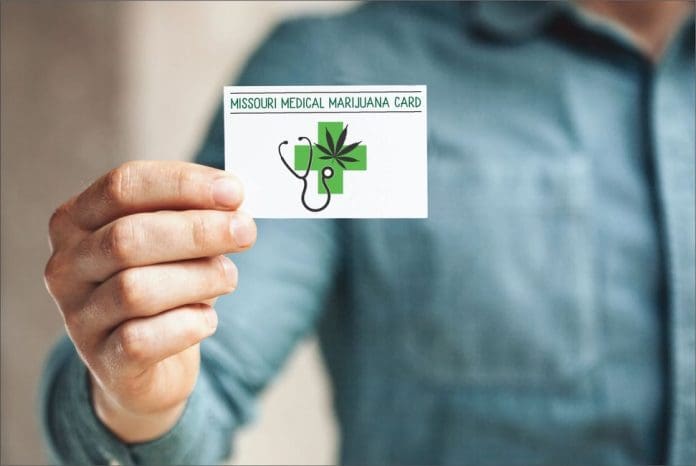Medical marijuana has become an essential part of the US healthcare industry, with some believing it is safer than pharmaceutical drugs for treating various ailments. Though you really should talk to your doctor about using marijuana for any reason, most people interested in using marijuana for medical purposes will need at least a few of these conditions to qualify. Below are the most common conditions one might need before receiving a medical marijuana card from their state.
Cancer
There are more than 100 different forms of cancer, but they all have one thing in common: they negatively affect the body’s cells in some form or another. Marijuana has been proven to increase the appetite of chemotherapy patients and improve nausea experienced by many cancer patients. Marijuana also contains anti-tumor properties that fight tumor cells and reduce their spread, such as decreasing lymph node swelling and blocking cell growth.
Glaucoma
Glaucoma is a condition that causes a reduction in peripheral vision over time as the iris’ pressure builds up inside the eye. This pressure eventually causes blindness and can only be treated by a surgeon. Marijuana is beneficial to glaucoma patients in one primary way: it reduces the pressure in the eye, which allows for greater vision.
HIV/AIDS
HIV/AIDS patients who cannot take certain medications or have trouble maintaining their health because of illness can obtain marijuana for their ailments with a doctor’s recommendation. Marijuana has been shown to help with weight loss, appetite stimulation, and nausea, which are all common problems associated with HIV/AIDS patients. Marijuana also decreases inflammation and can help with pain, muscle spasms, and sleeplessness.
Parkinson’s disease
Parkinson’s is a chronic neurological disorder that negatively affects a person’s motor skills. Tremors and muscle rigidity are two symptoms that can interfere with a person’s ability to move around or perform tasks like eating or talking. Marijuana is beneficial to Parkinson’s patients because it reduces tremors and rigidity, which allows the patient to function better in society. Marijuana also stimulates appetite suppression, allowing for better weight control for many patients struggling with this aspect of the condition.
Severe nausea
Studies have shown that marijuana can help in reducing nausea. Since it is not a pharmaceutical medication, there are no long-term side effects or adverse reactions associated with taking marijuana to help reduce symptoms of nausea.
Spinal cord injuries (SCI)
Many patients who suffer from spinal cord injuries cite pain, muscle spasms, and loss of physical function as the main problems they experience due to their injury. Marijuana is beneficial to patients with SCI because it helps relieve pain and muscle spasms, which can help improve the patient’s mobility. Further, studies have shown that marijuana also stimulates appetite and helps prevent weight loss caused by lack of appetite in these patients. Therefore, you can qualify for PA medical marijuana card, if you suffer from severe spinal cord injuries
Lou Gehrig’s disease (ALS)
ALS is a degenerative disease that damages the nerves responsible for muscle movement. Muscle wasting, paralysis, and death are the most common problems associated with this condition. Marijuana is beneficial to ALS patients because it helps stimulate appetite and reduce pain.
Epilepsy and intractable seizures
Marijuana has been proven beneficial for certain types of epilepsy and intractable seizures because it has anti-seizure properties that can help prevent convulsions from occurring in a patient’s body during a seizure episode. Also, marijuana helps to reduce muscle spasms and pain associated with these types of seizures. Further, studies indicate that one can use marijuana to avoid monthly seizures associated with epilepsy.
If you have one of these conditions, you will likely be able to receive a recommendation from your doctor to get your medical marijuana card. If you are suffering from other conditions and would like to use medical marijuana, talk to your physician today about whether it is an appropriate treatment. Although each state has specific laws for qualifying for a medical marijuana card, most states do not require patients to have cancer or HIV/AIDS. The more serious the condition is, the more likely someone will qualify for a medical marijuana recommendation and card.






